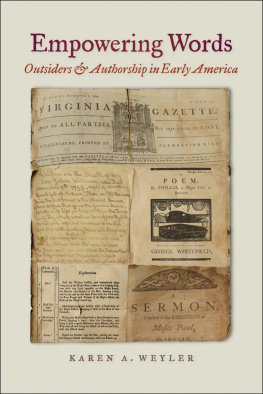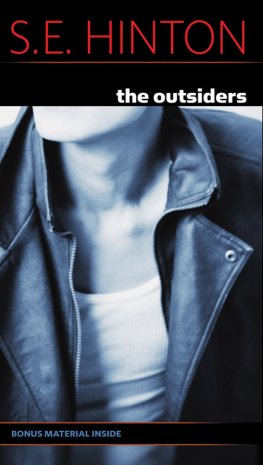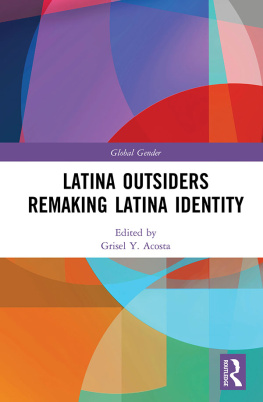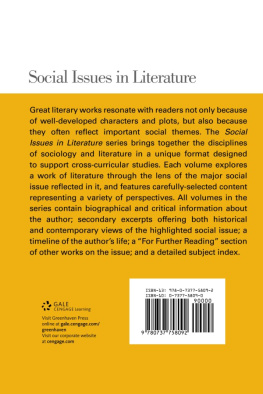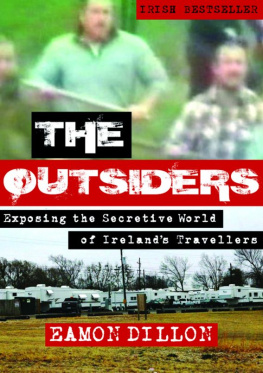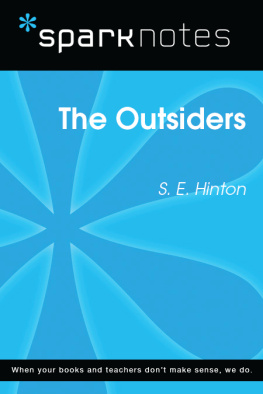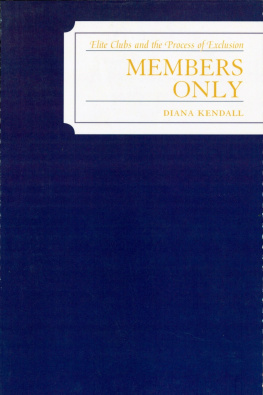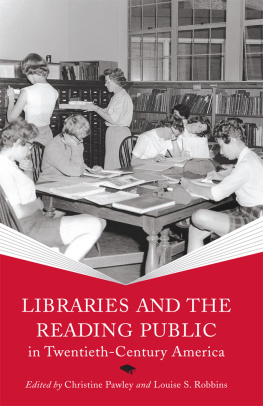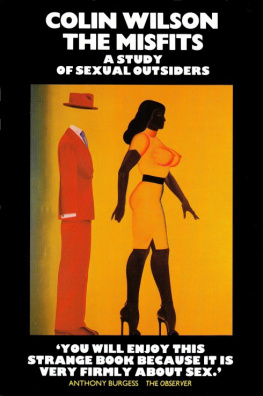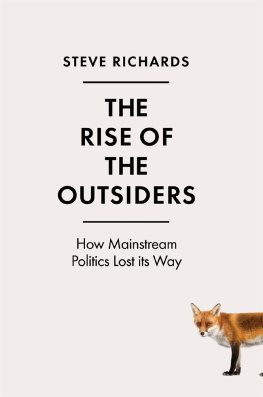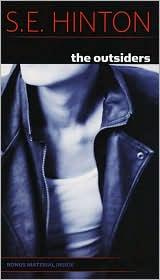2013 by the University of Georgia Press
Athens, Georgia 30602
www.ugapress.org
All rights reserved
Set in Adobe Caslon Pro and Adobe Jensen Pro
by Graphic Composition, Inc.
Manufactured by Thomson-Shore
The paper in this book meets the guidelines for
permanence and durability of the Committee on
Production Guidelines for Book Longevity of the
Council on Library Resources.
Printed in the United States of America
13 14 15 16 17 P 5 4 3 2 1
Library of Congress Cataloging-in-Publication Data
Weyler, Karen Ann.
Empowering words : outsiders and authorship in early
America / Karen A. Weyler.
pages cm
Includes bibliographical references and index.
ISBN-13: 978-0-8203-4323-5 (hardcover : alk. paper)
ISBN-10: 0-8203-4323-4 (hardcover : alk. paper)
ISBN-13: 978-0-8203-4324-2 (pbk. : alk. paper)
ISBN-10: 0-8203-4324-2 (pbk. : alk. paper)
1. American literatureColonial period, ca. 16001775
History and criticism. 2. American literatureRevolutionary period,
17751783History and criticism. 3. Outsiders in literature.
4. AuthorshipSocial aspectsUnited States. 5. Literacy
Social aspectsUnited States. I. Title.
PS185.w46 2013
810.9001dc23
2013005553
British Library Cataloging-in-Publication Data available
ISBN for digital edition: 978-0-8203-4325-9
Contents
INTRODUCTION
Outsider Authorship in Early America
ONE
Mourning New England: Phillis Wheatley and the Broadside Elegy
TWO
An Englishman under English Colours: Briton Hammon, John Marrant, and the Fungibility of Christian Faith
THREE
Common, Plain, Every Day Talk from An Uncommon Quarter: Samson Occom and the Language of the Execution Sermon
FOUR
Becoming The American Heroine: Deborah Sampson, Collaboration, and Performance
FIVE
To Proceed with Spirit: Clementina Rind and the Virginia Gazette
SIX
When Barbers Wrote Books: Mechanic Societies and Authorship
CONCLUSION
Uncovering Other Outsider Authors
Acknowledgments
I have incurred many debts while working on this book. I am truly fortunate in my colleagues in the English Department at the University of North Carolina at Greensboro. The Americanist facultyTony Cuda, Sally Ann Ferguson, Karen Kilcup, Christian Moraru, Noelle Morrissette, Mark Rifkin, Scott Romine, and Mara Snchezoffered encouragement and enlightening conversation. Jennifer Keith invited me to speak about Phillis Wheatley and the elegy on a conference panel and helped me think about the larger cultural role of the elegy in Anglo-American culture. Jen Feather and Michelle Dowd invited me to speak about my project at a faculty brown bag luncheon, and Chris Hodgkins invited me to discuss the print revolution at an Atlantic World Research Network colloquium. The conversations that emerged from these presentations were immensely beneficial. Along with many cups of tea, I shared drafts of chapters from this book with my writing group: Mary Ellis Gibson, Karen Kilcup, Hepsie Roskelly, and Mara Snchez. I appreciate their sound advice, warm encouragement, and camaraderie. Karen Kilcup is the driving force behind our writing group, and I owe her a special debt of gratitude for her generosity and friendship. Mark Rifkin took time out of a busy research leave to read and give advice on a lengthy chapter of Empowering Words. Kelly Ritter, who is a model of scholarly productivity, commiserated and shared Diet Cokes and chocolate. Other friends remind me that there is life outside the academy. Melissa Riffe-Guyer makes me laugh on a regular basis, gives me perspective, and always answers her phone when I need help. Felicia Wheelers late-night e-mail conversations punctuate otherwise lonely writing sessions. Melissa Peets yoga classes keep me balanced in all ways. Friendships formed at the University of North Carolina at Chapel Hill with Katie McKee and Susan Ryan sustain me. Philip Gura continues to inspire.
Financial support for this project was provided by a 2004 Summer Excellence Research Award, which allowed me to do preliminary research, and a 2008 research leave, both from the University of North Carolina at Greensboro. I thank Anne Wallace, head of the English Department, and Tim Johnston, dean of the College of Arts and Sciences, for supporting those awards. I am especially grateful to the John Carter Brown Library for a 20045 William Reese Company Fellowship and to the Library Company of Philadelphia for a 20089 McLean Contributionship Fellowship. Norman Fierings advice helped me tremendously while I was at the John Carter Brown Library. While at the Library Company, I benefited greatly from the counsel of Jim Green, Connie King, Phil Lapsansky, and Wendy Woolson. One of the great joys of working on an archival project such as this is meeting other people who share ones interests. I owe the genesis of this project to two long-ago summer seminars on the history of the book at the American Antiquarian Society, one led by Mary Kelley and Bob Gross, and the other led by Ann Fabian. When I wasnt able to get to the Virginia Historical Society in a timely fashion, Frances Pollard sent me a copy of Clementina Rinds mortgage. Kyle Triplett helped me navigate the New York Public Librarys collections. Gaylor Callahan, of University Libraries at the University of North Carolina at Greensboro, tirelessly tracked down interlibrary loan requests for me.
The annual meetings of the Society of Early Americanists are a pleasure in so many ways. Every meeting has advanced my research. Along the way, Ive appreciated regular dinners and conversations with Lisa Logan, Michele Tartar, Lorrayne Carroll, Jodi Schorb, Tamara Harvey, and Etta Madden. Dan Williamss research has long focused on early American outsiders, and Ive found his work inspiring. The same is true of Vincent Carrettas work on the early black Atlantic. David Shieldss work crucially helped me think about the differing valences of manuscript circulation versus print publication for outsiders.
The generosity of other scholars had led me to many discoveries. I thank the original anonymous readers of my book proposal for advising me to expand the scope of my study of outsiders. Several chapters of Empowering Words had subsequently serendipitous origins. The mid-Atlantic regional group of the Society for the Study of American Women Writers invited me to speak about the circulation of eighteenth-century womens poetry in a program arranged by Cathy Saunders and Jenny Putzi, which resulted in a fantastic discussion that helped me think further about broadside circulation. While at the College of William and Mary for that meeting, I came across Clementina Rind in an exhibit of early Virginia women writers at the Earl Gregg Swem Library, which Susan Riggs, manuscripts and rare books librarian, had put together for our group. A few months later, during a Society of Early Americanists conference, Mark Kamrath gestured around us at the National Mechanics Bar and Restaurant in Philadelphia and asked, Why not write about mechanics? Carla Mulford and Zabelle Stodola read the final manuscript for the University of Georgia. I deeply appreciate their careful reading and thoughtful comments.

